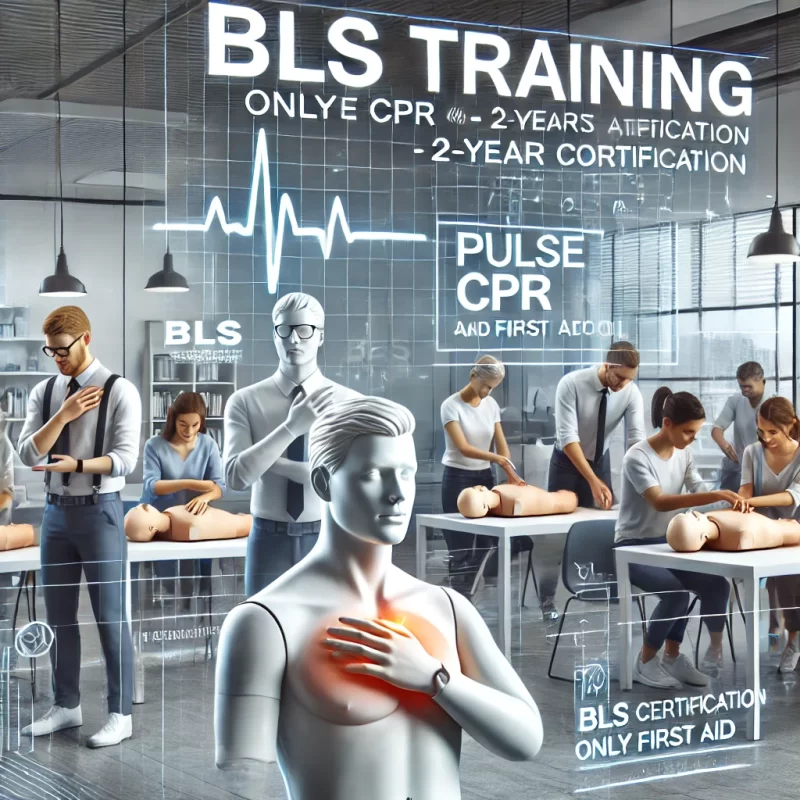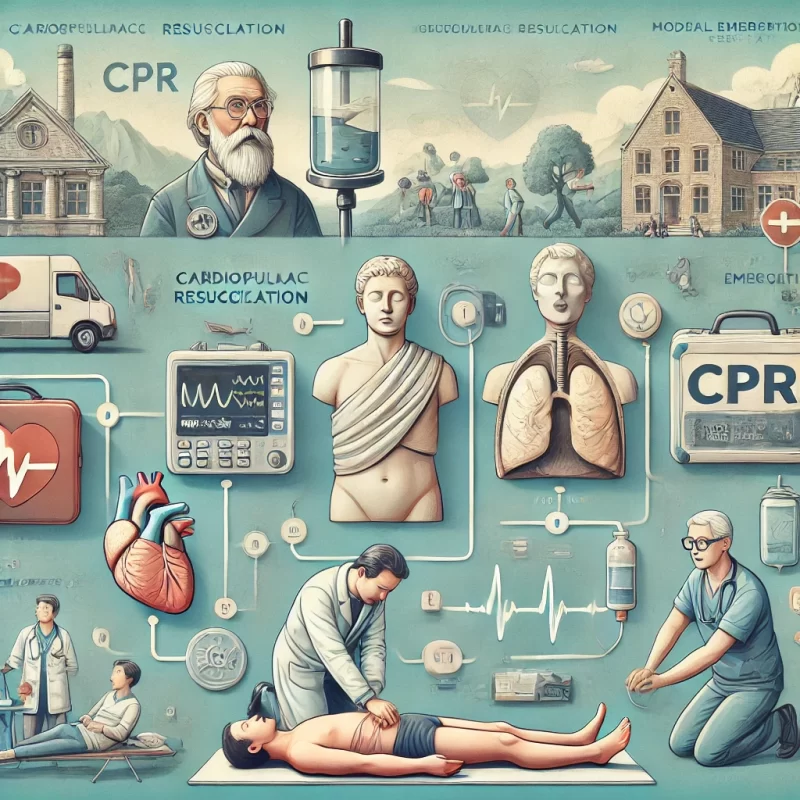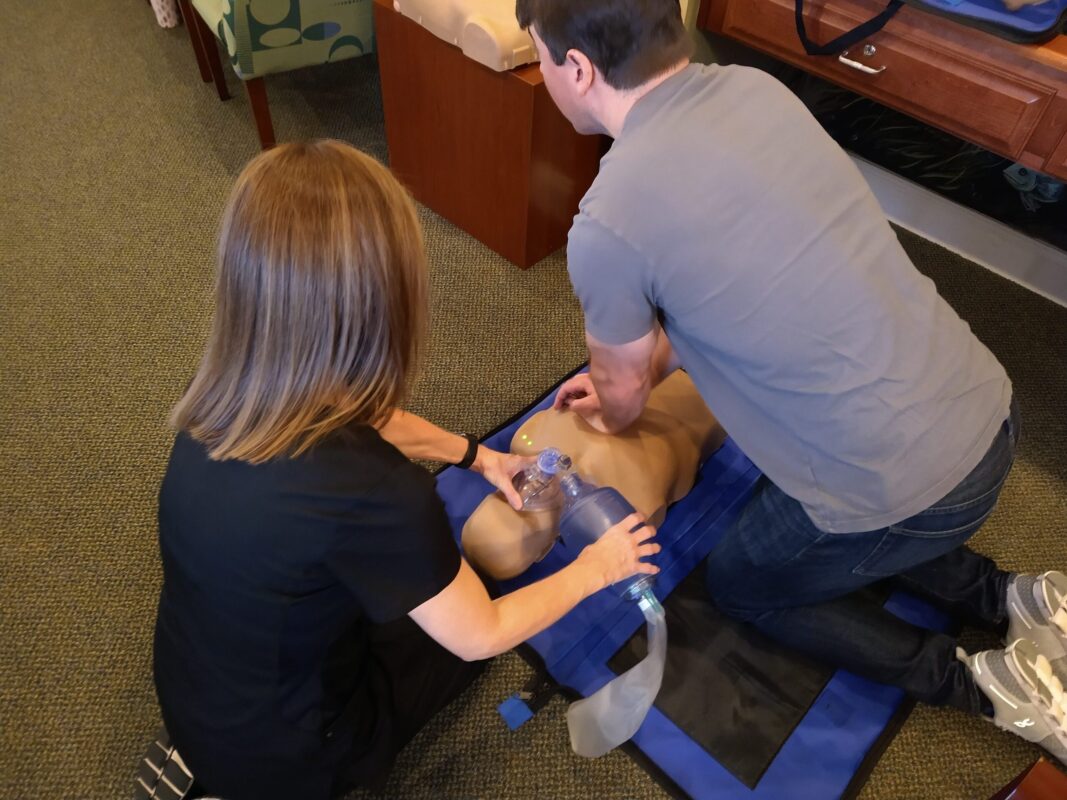- high blood pressure
Augusta CPR News: Only 20 percent of people take meds for hard-to-control high blood pressure
Only one in five people are taking all their prescribed medications for hard-to-control high blood pressure, new data suggest.

Researchers found 20 percent of patients were taking all their medication and 20 percent none of their medication for resistant hypertension, which is high blood pressure.
The surprising results are from a Netherlands study designed primarily to determine if blood pressure can be lowered if people with resistant hypertension receive renal denervation, in addition to their blood pressure medication. In renal denervation, a slim tube (catheter) is inserted into one of the blood vessels in the groin and advanced through blood vessels until it enters the artery feeding the kidney. Then, radio waves or ultrasound destroys sections of the nerves sending messages between the brain and the kidneys.
“There is much evidence to suggest that these nerves play a role in high blood pressure,” said Peter Blankestijn, M.D., Ph.D., professor of nephrology and hypertension at the University Medical Center Utrecht in the Netherlands. “In the 1930s and 1940s, the nerves were sometimes cut during surgical procedures. Now the nerve destruction can be done in a much less invasive way. Several devices are being studied as possible treatments for resistant hypertension.”
Researchers randomly assigned 95 patients to undergo renal denervation while not changing their medication, while a control group of 44 patients stayed on their usual medications alone. At the beginning of the study and six months later, patients wore a blood pressure monitor to calculate their average daytime systolic (top number) blood pressure and blood tests were taken to measure drug levels — without telling patients that their adherence in taking recommended medications was being assessed.
Thirty-one percent of patients improved or lessened their medication compliance, researchers said.
After six months, average daytime systolic blood pressure fell two points (mm Hg) more in control patients than in those who had renal denervation, but remained abnormally high in both groups.
Among patients with similar blood levels of medication at each assessment, systolic blood pressure fell 3.3 points more in those who received the procedure than in controls.
“Adherence to medication greatly affects the ability to assess the value of another treatment, so researchers need to measure adherence and do what they can to improve it,” Blankestijn said.
Patients can take steps to prevent their blood pressure from remaining high and being labeled as difficult to treat, leading to a greater heart disease risk and increased costs for added tests and treatments.
“At a minimum, be open and honest and tell your physician if you don’t want to take your pills for any reason,” Blankestijn said. “You and your doctor can discuss options for changing the type of pill or the dose if needed. There are many effective blood pressure pills and the majority of patients with high blood pressure can be successfully treated.”
The study is published in the American Heart Association journal Hypertension.




